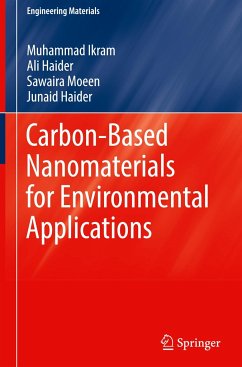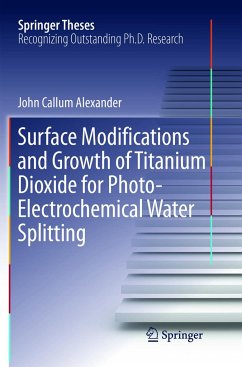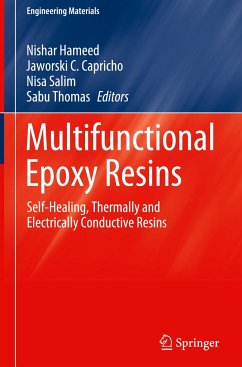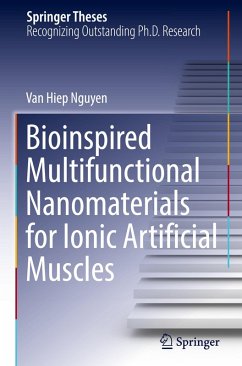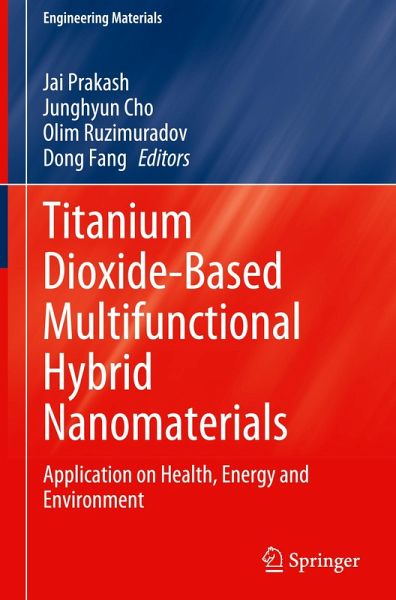
Titanium Dioxide-Based Multifunctional Hybrid Nanomaterials
Application on Health, Energy and Environment
Herausgegeben: Prakash, Jai; Cho, Junghyun; Ruzimuradov, Olim; Fang, Dong

PAYBACK Punkte
65 °P sammeln!
This book provides a comprehensive look at titanium dioxide (TiO2) semiconductor nanomaterials, covering their synthesis, unique properties, and applications across energy, environmental, and biomedical fields. From fundamental optical and electronic properties to the design of hybrid TiO2 materials, it explores their role as multifunctional photocatalysts, pivotal in solar cells, hydrogen production, and lithium-ion batteries. Environmental applications are emphasized through TiO2's effectiveness in pollutant degradation, CO2 reduction, and water purification, while biomedical uses include an...
This book provides a comprehensive look at titanium dioxide (TiO2) semiconductor nanomaterials, covering their synthesis, unique properties, and applications across energy, environmental, and biomedical fields. From fundamental optical and electronic properties to the design of hybrid TiO2 materials, it explores their role as multifunctional photocatalysts, pivotal in solar cells, hydrogen production, and lithium-ion batteries. Environmental applications are emphasized through TiO2's effectiveness in pollutant degradation, CO2 reduction, and water purification, while biomedical uses include antibacterial functions and biosensing technologies relevant to diagnostics and even COVID-19 studies. With a focus on current advancements and future potential, this book is an essential resource for researchers and industry professionals exploring TiO2 nanomaterials' diverse scientific and technological impacts.





